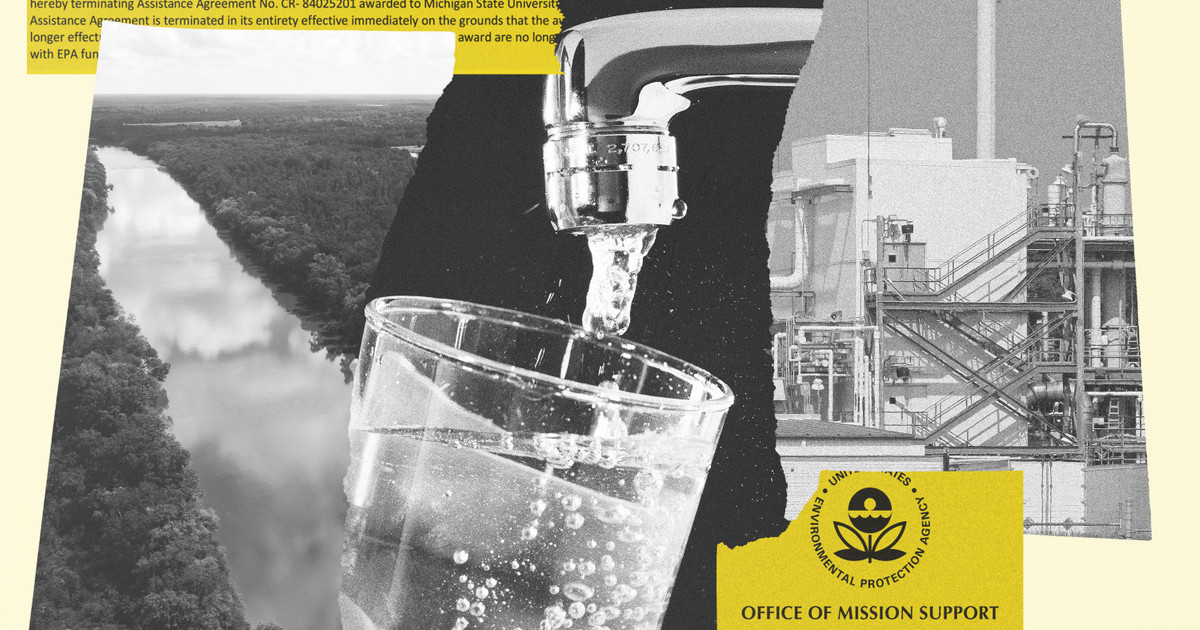Trumps First EPA Promised to Crack Down on Forever Chemicals. His Second EPA Is Pulling Back.
3 minute readPublished: Wednesday, July 2, 2025 at 10:30 am

EPA's Shifting Stance on "Forever Chemicals" Raises Concerns
A recent investigation by ProPublica reveals a concerning shift in the Environmental Protection Agency's (EPA) approach to regulating PFAS, often called "forever chemicals," under the second Trump administration. These synthetic chemicals, used in various products, have been linked to health issues and are notoriously persistent in the environment.
During his first term, the EPA under President Trump took steps to address PFAS contamination, including plans to regulate PFOA and PFOS in drinking water and initiate a process to designate them as hazardous substances under the Superfund program, which would hold polluters accountable for cleanup costs. However, the current administration is delaying enforcement of drinking water limits for PFOA and PFOS until 2031 and reconsidering limits on other PFAS compounds, including GenX.
This reversal has sparked criticism from scientists and environmental advocates, who argue that the EPA is undermining its own efforts to protect public health. The agency has also delayed a rule requiring manufacturers to report their PFAS use and has requested delays in court cases related to the Superfund designation.
Furthermore, the EPA has terminated grants for PFAS research, including studies on the impact of these chemicals on agriculture. This move has raised concerns about the agency's ability to understand and address the risks posed by PFAS. While EPA Administrator Lee Zeldin has stated the agency is committed to addressing PFAS and following the science, critics point to a disconnect between the agency's rhetoric and its actions.
BNN's Perspective: The EPA's evolving stance on PFAS regulation is a complex issue. While the agency claims to be prioritizing scientific rigor and compliance, the delays and budget cuts raise legitimate questions about its commitment to protecting public health. The potential for long-term health consequences from PFAS exposure demands a consistent and proactive approach, and any weakening of regulations or research capabilities is concerning.
Keywords: PFAS, GenX, EPA, Trump Administration, Drinking Water, Regulation, Superfund, Chemicals, Environmental Protection, Contamination, Research, PFOA, PFOS, Forever Chemicals, Lee Zeldin, Chemours, Cape Fear River